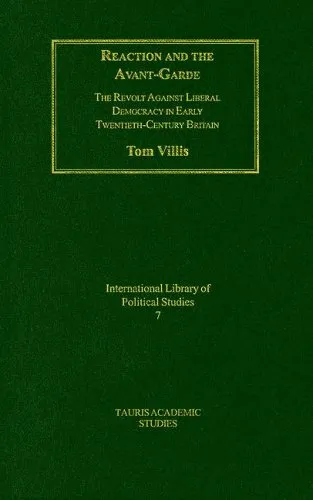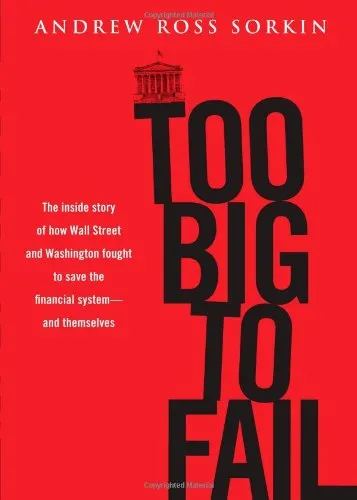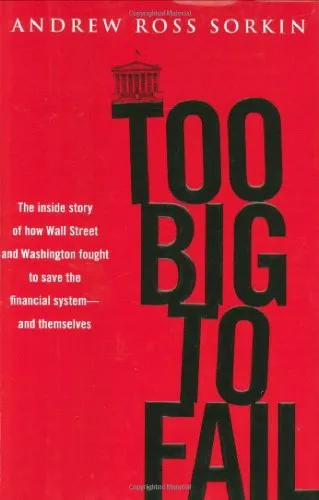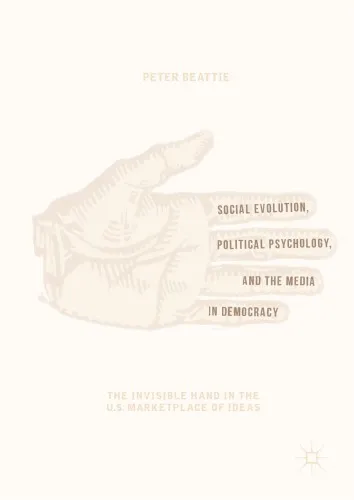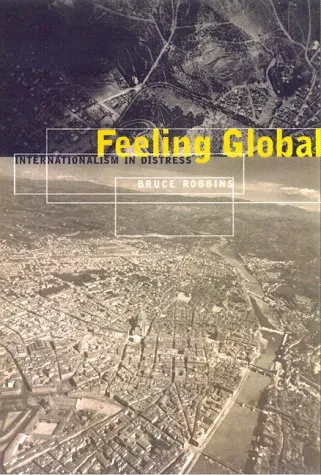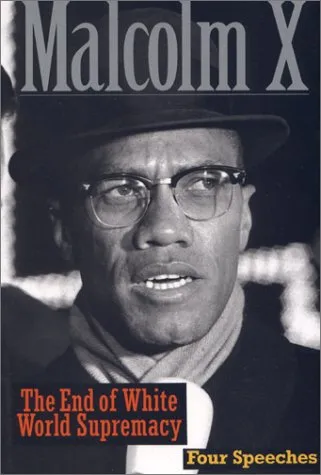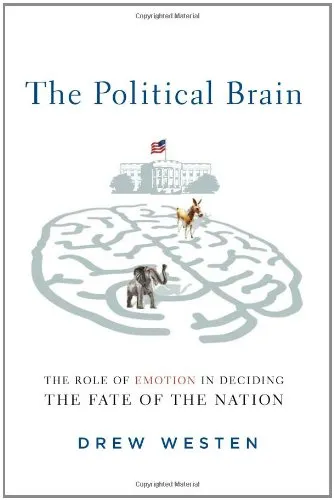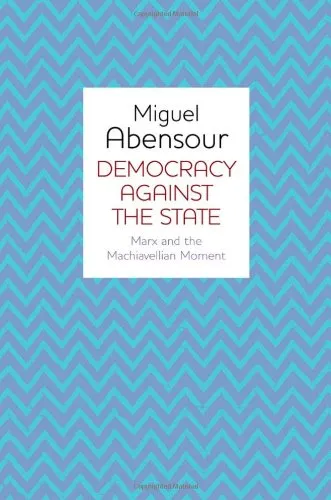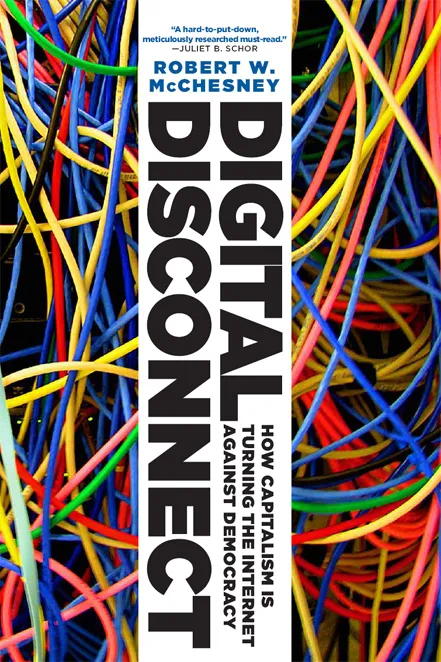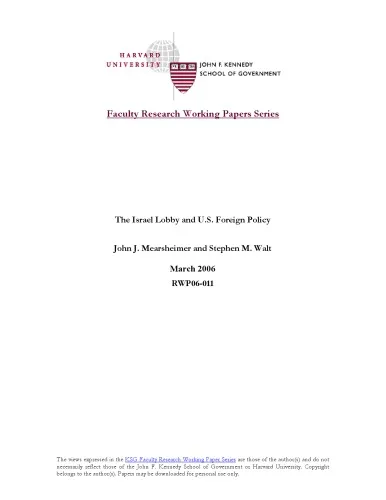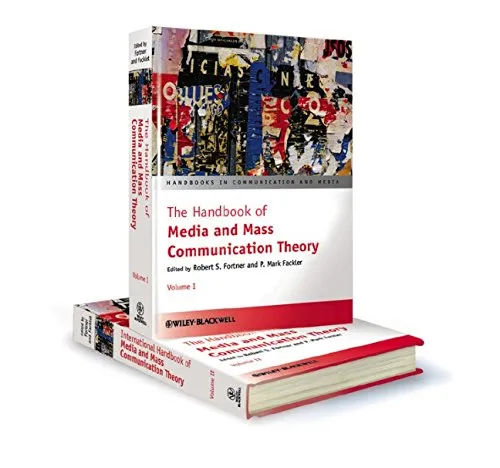Reaction and the Avant-Garde: The Revolt Against Liberal Democracy in Early Twentieth-Century Britain (International Library of Political Studies)
4.0
Reviews from our users

You Can Ask your questions from this book's AI after Login
Each download or ask from book AI costs 2 points. To earn more free points, please visit the Points Guide Page and complete some valuable actions.Related Refrences:
Introduction to "Reaction and the Avant-Garde: The Revolt Against Liberal Democracy in Early Twentieth-Century Britain"
Written by Tom Villis, Reaction and the Avant-Garde: The Revolt Against Liberal Democracy in Early Twentieth-Century Britain provides a compelling exploration of the intersection between political thought and artistic movements in early 20th-century Britain. The book examines how avant-garde art and reactionary political ideologies shared a surprising synergy in their rejection of liberal democratic values and what this reveals about British intellectual life during a turbulent period of history.
This work offers fresh insights into the interplay between radical political discontent and experimental cultural forms. By analyzing prominent intellectual figures and their engagement with both reactionary politics and avant-garde aesthetics, the book challenges simplistic notions of political and cultural divides. Villis carefully unearths how both movements, despite appearing ideologically opposed on the surface, united in their critique of modernity's liberal democratic consensus.
Detailed Summary of the Book
The book unfolds through an examination of key individuals and movements in early 20th-century Britain who rejected liberal democracy and embraced radical alternatives as solutions to societal problems. Tom Villis begins by contextualizing the period, exploring how the fallout from the First World War and the emergence of new intellectual movements created fertile ground for both right-wing reactionary ideologies and avant-garde artistic practices.
Villis offers deep insight into thinkers like Wyndham Lewis, T.S. Eliot, and others, highlighting their complex relationship with political conservatism and cultural experimentation. The narrative explores how these figures sought to revive hierarchical and authoritarian values while simultaneously engaging with modernist strategies for art and literature. The inherent paradox within their ideologies—rejecting modernity yet using modernist tools to critique it—forms a key theme in the book.
The book meticulously dissects how the avant-garde's revolutionary ethos resonated with reactionary calls to dismantle the so-called decadence of liberal democracy. Villis breaks down concepts such as elitism, aesthetics, and anti-rationalism, tracing their influence on the intellectual discourse of the time. The chapters are rich in analysis and demonstrate how avant-garde experimentation in art mirrored the intellectual experimentations of reactionary ideologies.
Finally, the book draws connections between these historical ideas and their enduring influence on contemporary political and cultural discourse, warning of how reaction and experimentation can resurface in unexpected ways.
Key Takeaways
- The rejection of liberal democracy in early 20th-century Britain was fueled not only by political reactionaries but also by avant-garde artists.
- Intellectual figures like Wyndham Lewis and T.S. Eliot merged cultural and political critique, blurring the lines between artistic innovation and reactionary politics.
- The avant-garde and reactionaries shared a distrust of modernity, rationalism, and mass culture, albeit from differing perspectives.
- The book provides a nuanced understanding of how ideological movements can converge in their critique of the prevailing order despite apparent contradictions.
- It invites readers to consider how art and politics are deeply interwoven, influencing each other in unexpected ways.
Famous Quotes from the Book
"The avant-garde, in its effort to subvert established norms, found common ground with the reactionary’s disdain for modernity."
"The revolt against liberal democracy was not a singular force but a confluence of cultural and political energies seeking a radical departure from the status quo."
"In rejecting mass appeal, both reactionaries and the avant-garde revealed their shared elitism, uniting two ostensibly opposed traditions."
Why This Book Matters
Reaction and the Avant-Garde stands out as a critical work for those interested in the relationships between political ideologies and cultural movements. During a time of global instability and shifting societal norms, the book sheds light on how intellectuals reconciled—or failed to reconcile—their cultural ambitions with their political beliefs. It underscores the importance of examining history with nuance, avoiding binary frameworks, and recognizing the complexities of individual thinkers and movements.
Tom Villis not only contributes to the study of early 20th-century Britain but also provides a lens for understanding contemporary reactions against liberal democracy and modern culture. By exploring how intellectual and cultural elites rejected democratic ideals, the book resonates with modern debates about democracy’s perceived failings and the rise of anti-liberal ideologies in politics and media.
This book is essential reading for scholars of political thought, cultural studies, and British history, as well as for anyone seeking a deeper understanding of how art and politics have coalesced during moments of societal upheaval. Its insights continue to echo in today’s age of political polarization and cultural experimentation.
Free Direct Download
You Can Download this book after Login
Accessing books through legal platforms and public libraries not only supports the rights of authors and publishers but also contributes to the sustainability of reading culture. Before downloading, please take a moment to consider these options.
Find this book on other platforms:
WorldCat helps you find books in libraries worldwide.
See ratings, reviews, and discussions on Goodreads.
Find and buy rare or used books on AbeBooks.
1484
بازدید4.0
امتیاز0
نظر98%
رضایتReviews:
4.0
Based on 0 users review
Questions & Answers
Ask questions about this book or help others by answering
No questions yet. Be the first to ask!
